Ep. 27: Is God in Control? w/ Dr. Thomas Oord
Show Notes
Episode Summary
“God’s got this!” “Let go and let God.” “Everything will be okay in the end.” Despite being great bumper stickers, these sayings actually cause more theological problems than they solve. Today we’re chatting with Dr. Thomas Jay Oord, an open and relational theologian, about what God can and can’t do, what God does and does not know, and how we may have gotten God’s nature wrong for centuries.
Bio
Dr. Thomas Jay Oord is a theologian, philosopher, and scholar of multidisciplinary studies. Oord is a best-selling and award-winning author, having written or edited more than twenty-five books. He directs a doctoral program at Northwind Theological Seminary and the Center for Open and Relational Theology. A 12-time Faculty Award-winning professor, Oord teaches at institutions around the globe. Oord is known for his contributions to research on love, open and relational theology, science and religion, and the implications of freedom and relationships for transformation.
Follow Dr. Oord on Instagram and on Twitter (@ThomasJayOord) and check out his new book, Open and Relational Theology: An Introduction to Life-Changing Ideas!
Quotables
“There’s a lot more evidence in Scripture of a changing God, but what changes is not God’s nature. What changes is God’s experience of relationship.” (tweet this)
“God always loves everyone all the time, and that never changes. But the way that God loves us changes moment by moment because we and our world change moment by moment.” (tweet this)
“If you think that change is inherently bad, then of course you don’t want describe God as changing.” (tweet this)
“Not even God can single-handedly decide what the future will be. You and I and all of creation have a real role to play, our lives really count, our choices really matter.” (tweet this)
“Believing that God is in control of everything not only doesn’t motivate you to help God, it means that your help might actually be against God’s will!” (tweet this)
“I think God does have a will for our lives, but it’s a general will that we become loving people, that we seek beauty, goodness, and truth.” (tweet this)
“When something bad happens to you, you don’t have to think that God must’ve wanted that as part of God’s will. If that’s the case, God seems pretty mean.” (tweet this)
“I think we should find our comfort primarily in God’s love, not in God’s power.” (tweet this)
“The problem with thinking that God is in control is that it almost inevitably leads one to question God’s love.” (tweet this)
“I think open and relational theology best accounts for the call to love in our lives.” (tweet this)
“For me, hope is a verb, not a pre-decided destination.” (tweet this)
Timestamps and References
[02:58]—Dr. Oord’s faith background and how he became a theologian
[04:49]—A quick overview of open and relational theology
[08:04]—How the biblical writers understood God’s relationship to time
[10:01]—Is there an ancient precedent for thinking of God as not being outside of time?
[12:47]—How we got to the point of believing that God never changes and is outside of time is the only orthodox way to think about God
[15:48]—How open and relational theology impacts the idea of God being “in control”
[18:17]—If God isn’t “all-powerful” as we’ve understood it, and if God doesn’t know the future, then how is God different from humanity?
[20:50]—Why it’s not necessarily heresy to say “God can’t” do something
[25:55]—How open and relational theology changes the idea of “God’s will”
[28:30]—Some of the negative effects of believing that God is controlling everything
[30:19]—The relationship between open theism and providence
[31:55]—Why open theism might at first cause fear, but ultimately is refreshing and comforting
[34:41]—How open theism is discomforting for people in places of power and privilege
[36:15]—How Dr. Oord would sum up open and relational theology
[38:50]—Where truth fits in with open and relational theology
[40:20]—What gives Dr. Oord hope for the future of faith
[42:52]—Fun Rapid Fire questions
[49:00]—
Please follow us on social media and help us get the word out! (Also, please don’t hesitate to use any of these channels or email to contact us with any questions, concerns, or feedback.)
Support Us on Patreon
And get access to every episode 5 days early! In addition, your financial support gives us the time we need to be able to create and produce amazing content, including Patreon-exclusive content. Please consider joining our team of patrons by clicking the button below. Thank you!
Credits
This episode was produced by The Sophia Society. Music is by Faith in Foxholes, and sound engineering is by Joshua Mudge (currently accepting new clients: josh.mudge09@gmail.com).

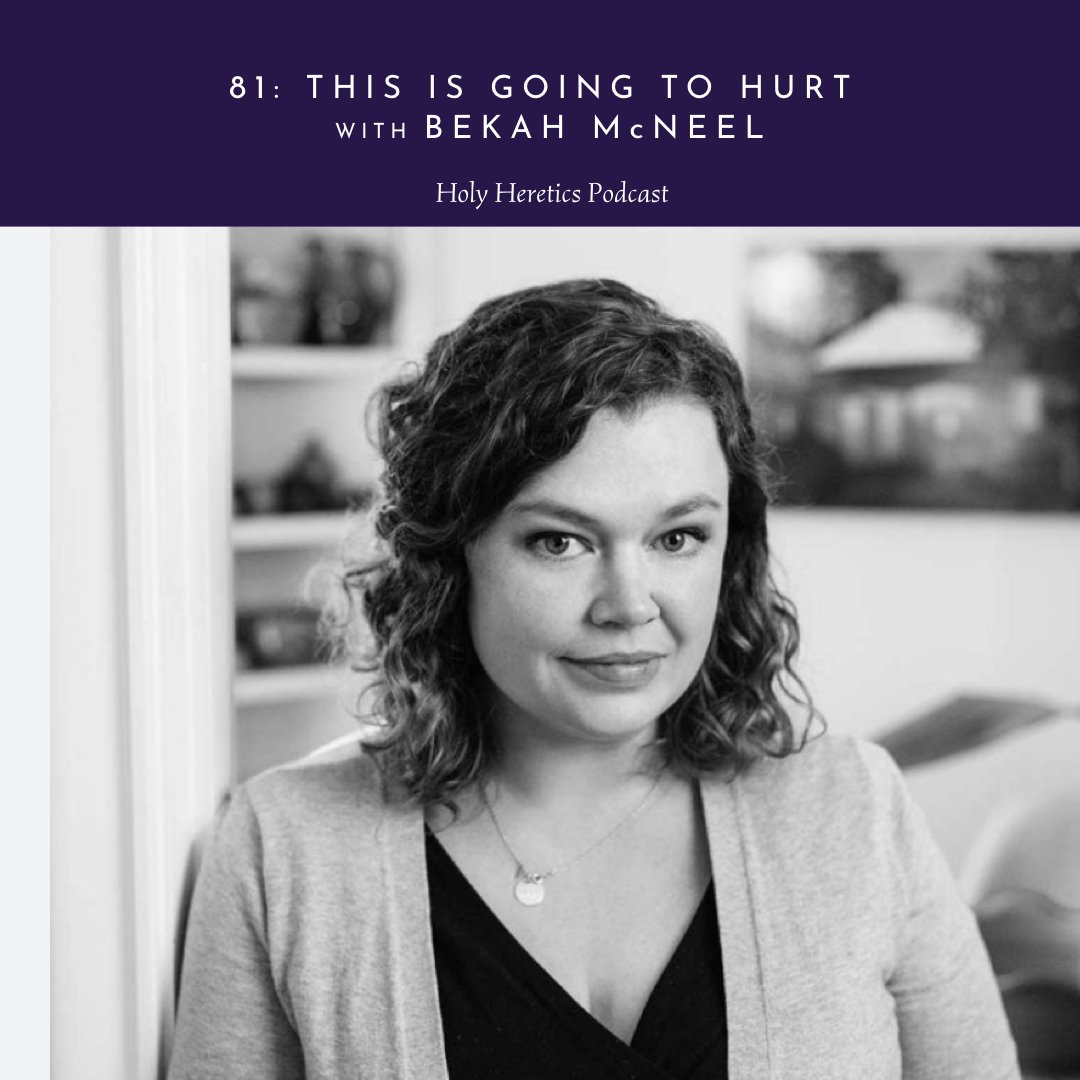
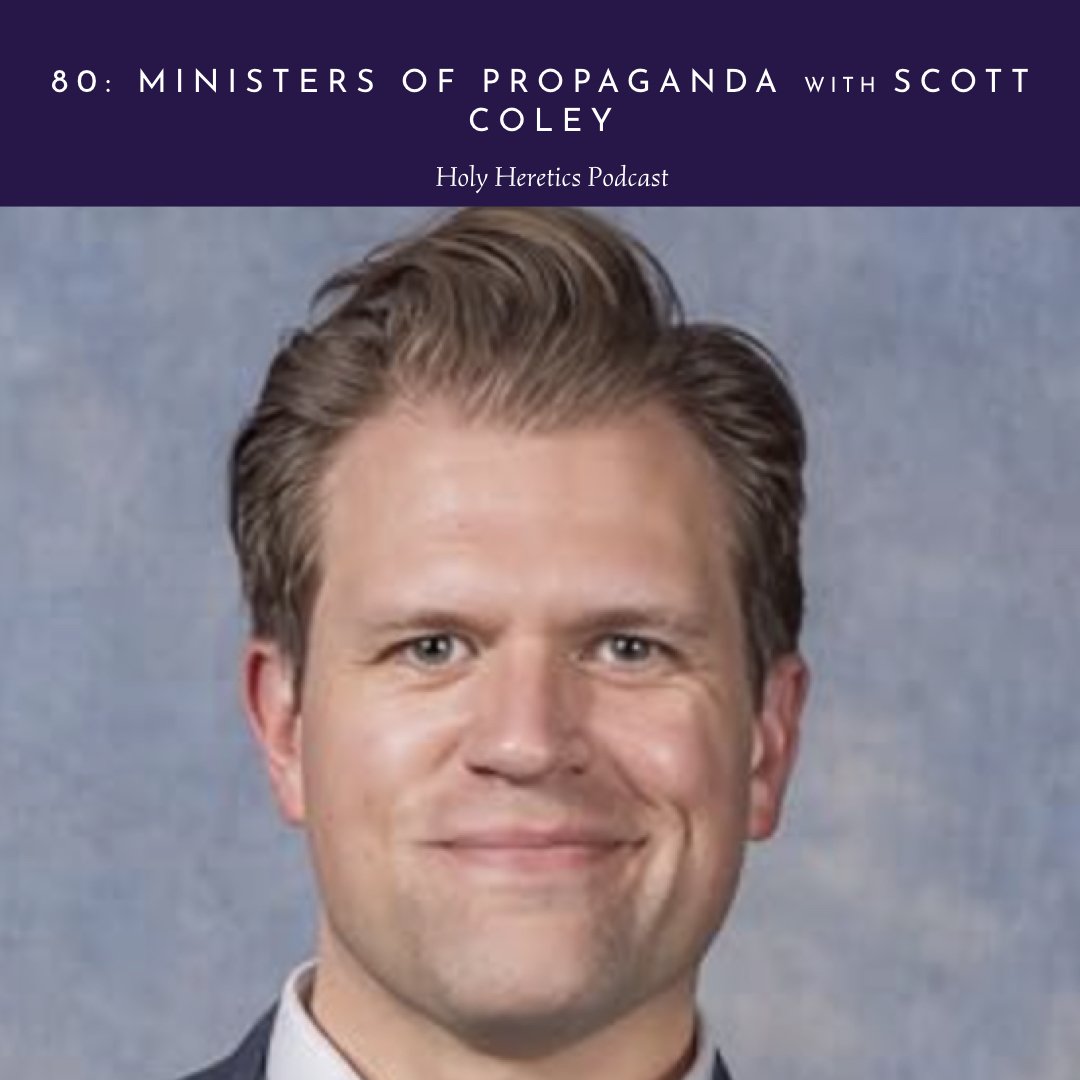
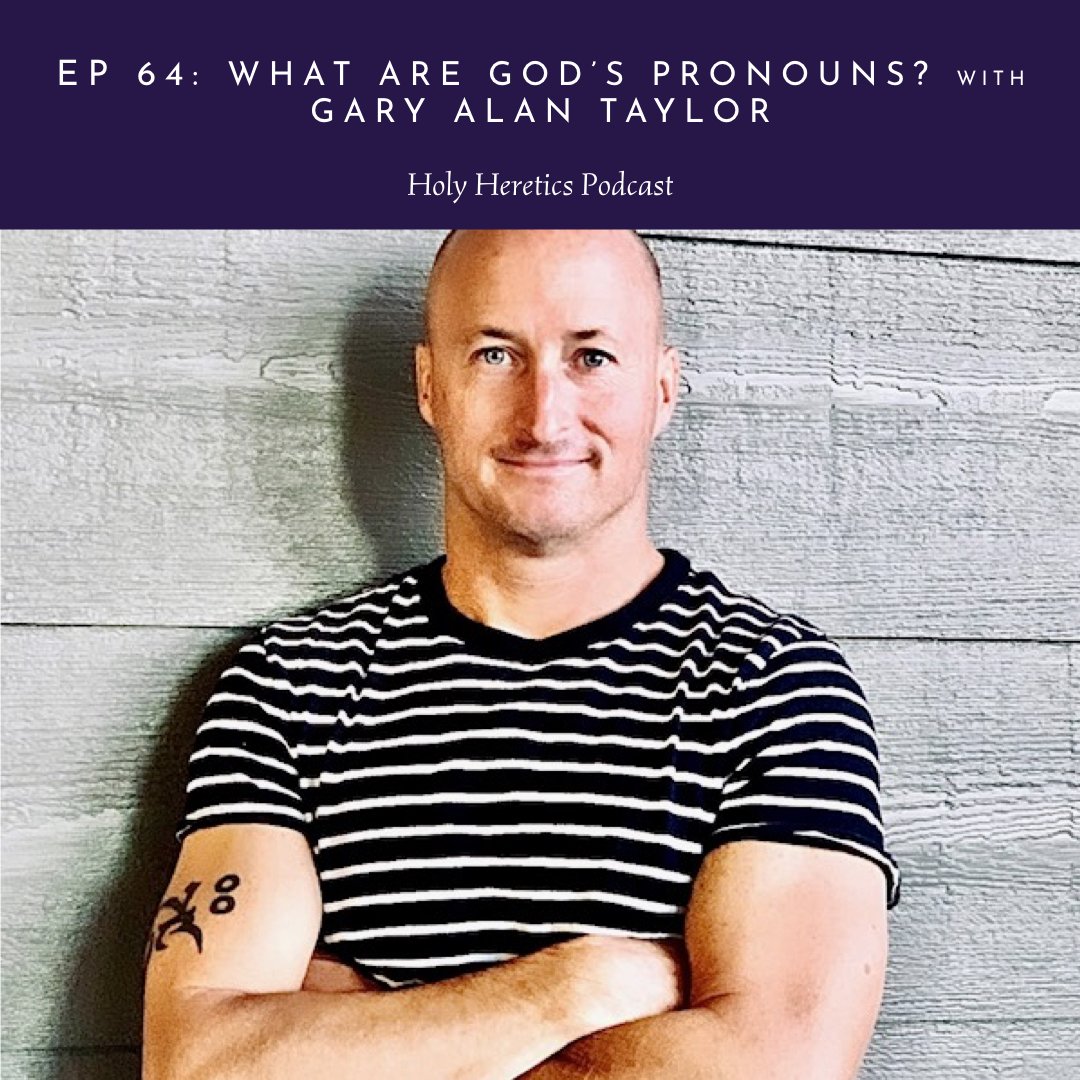
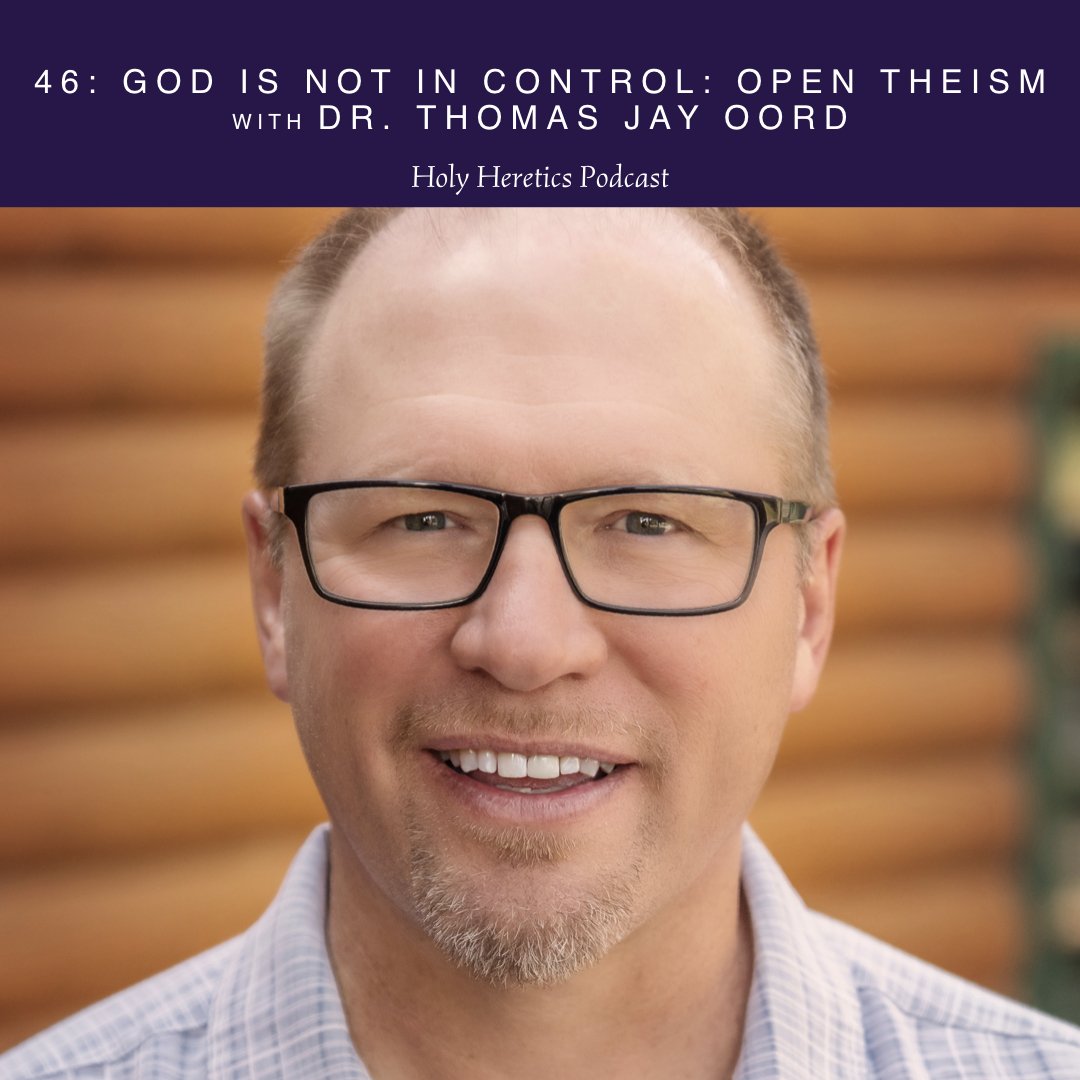
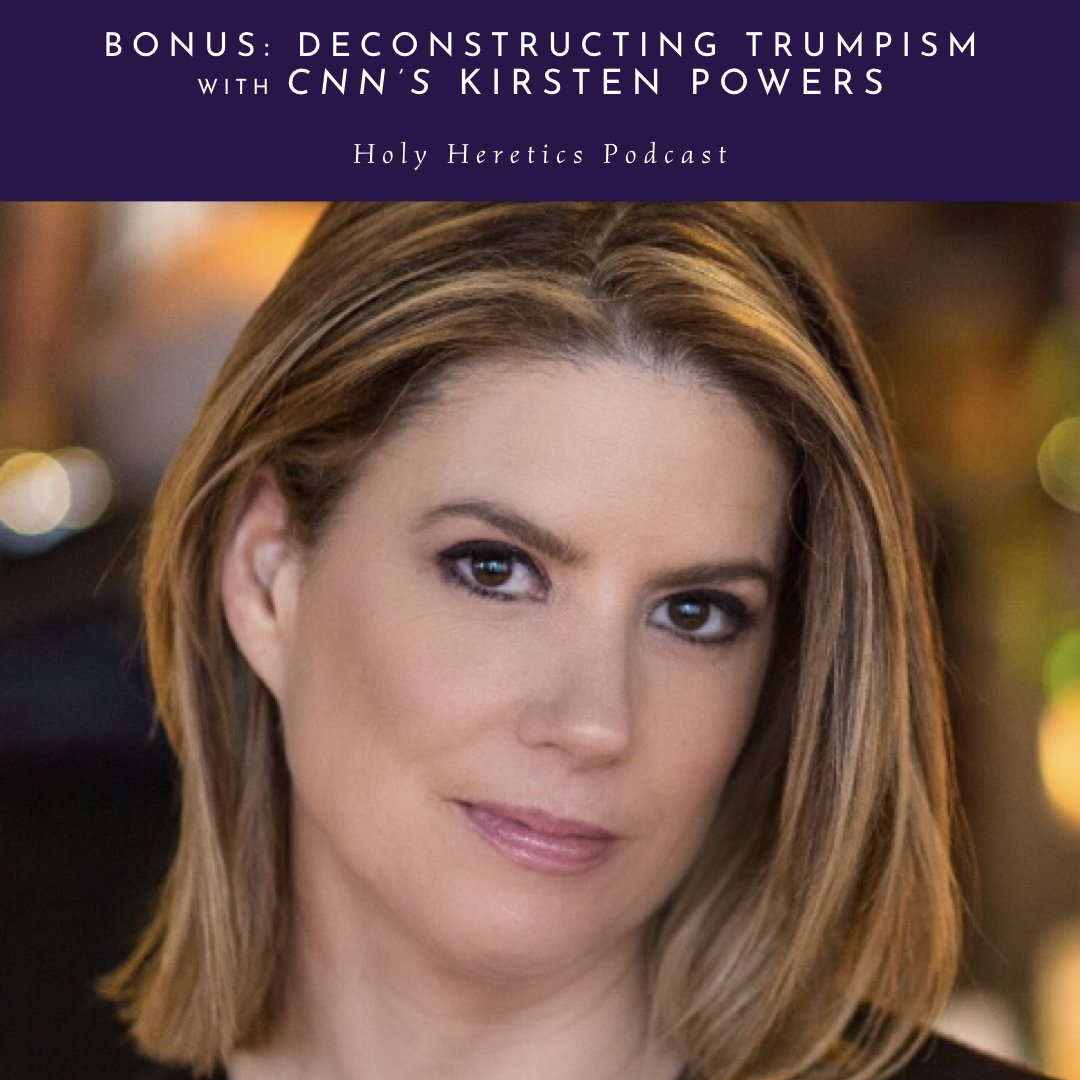
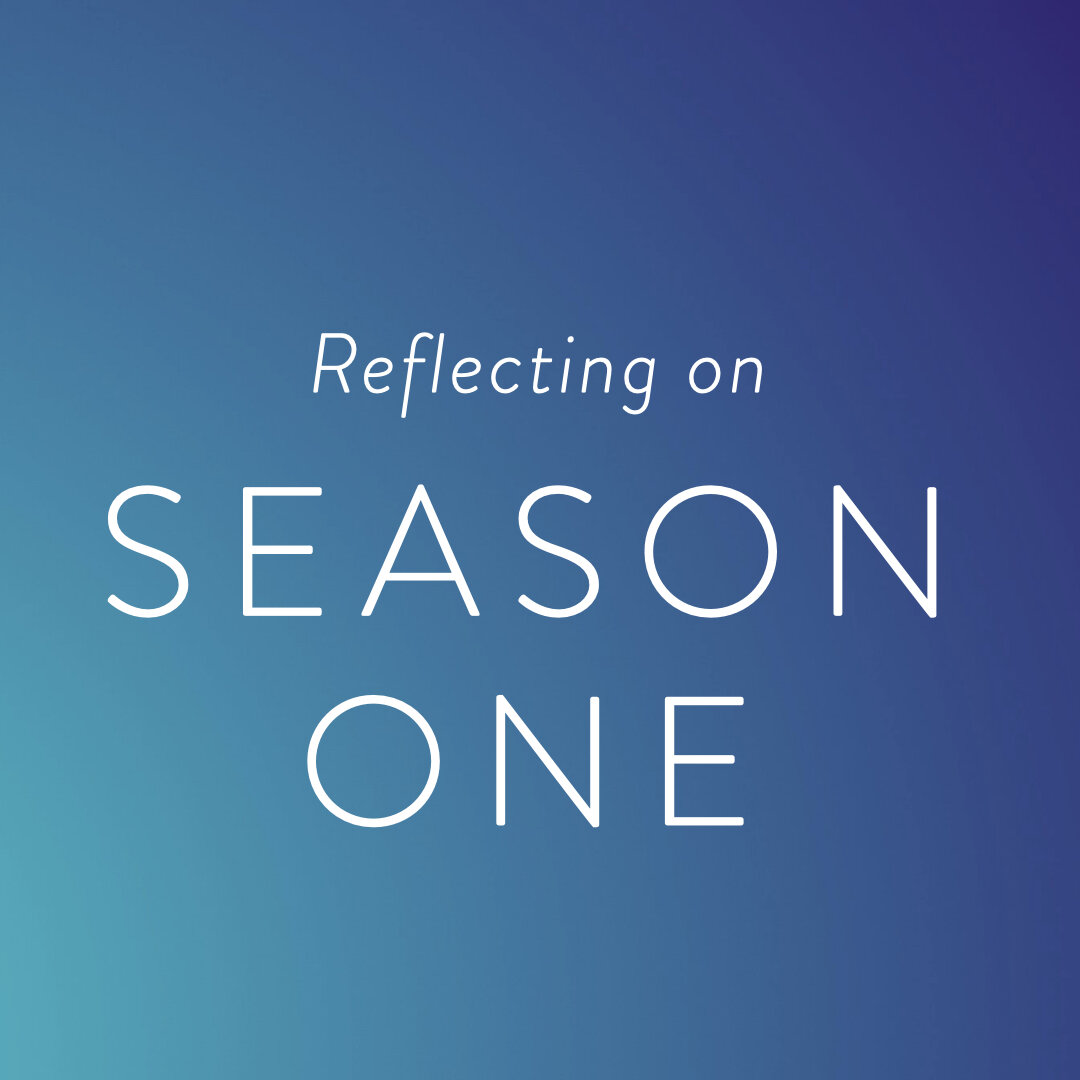
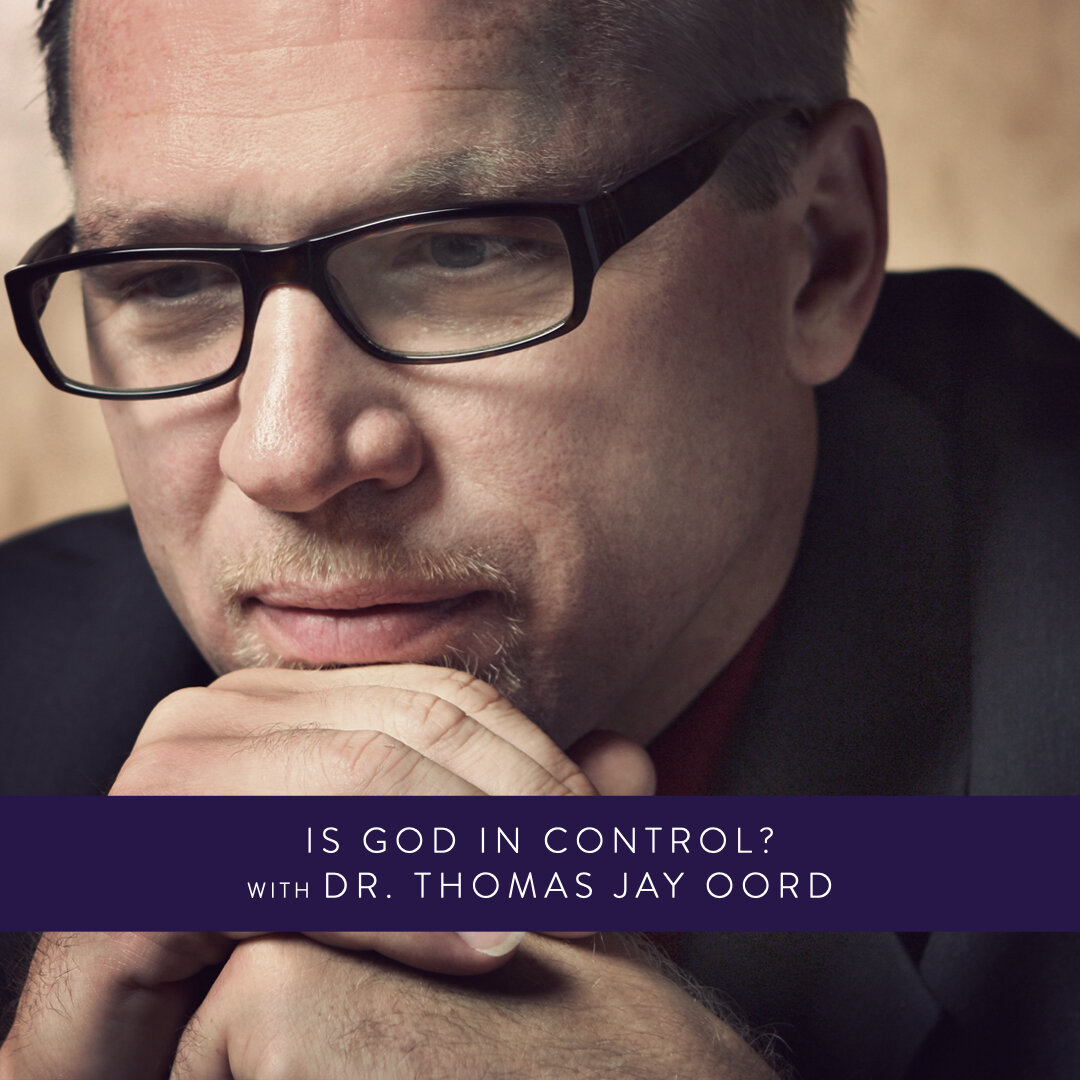
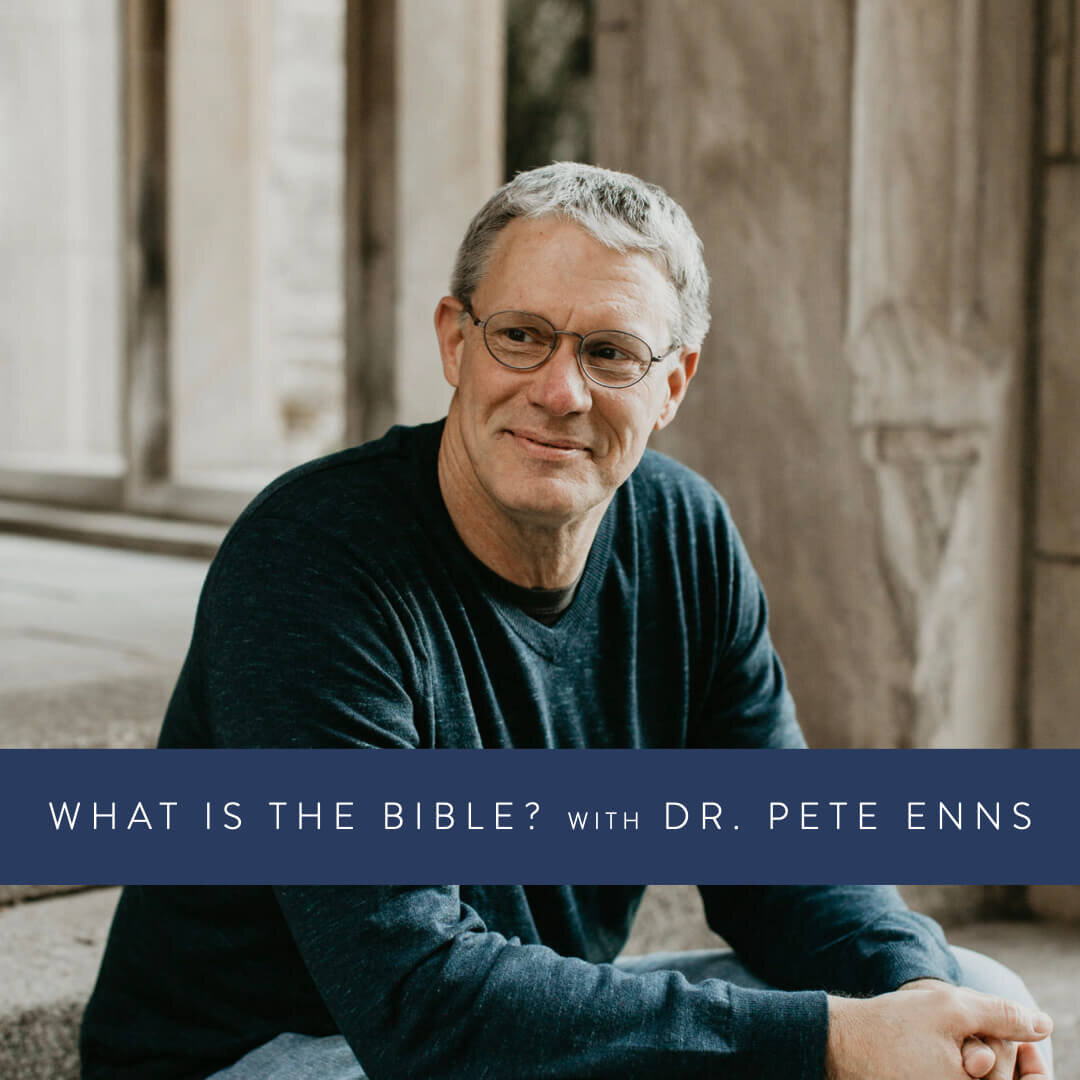
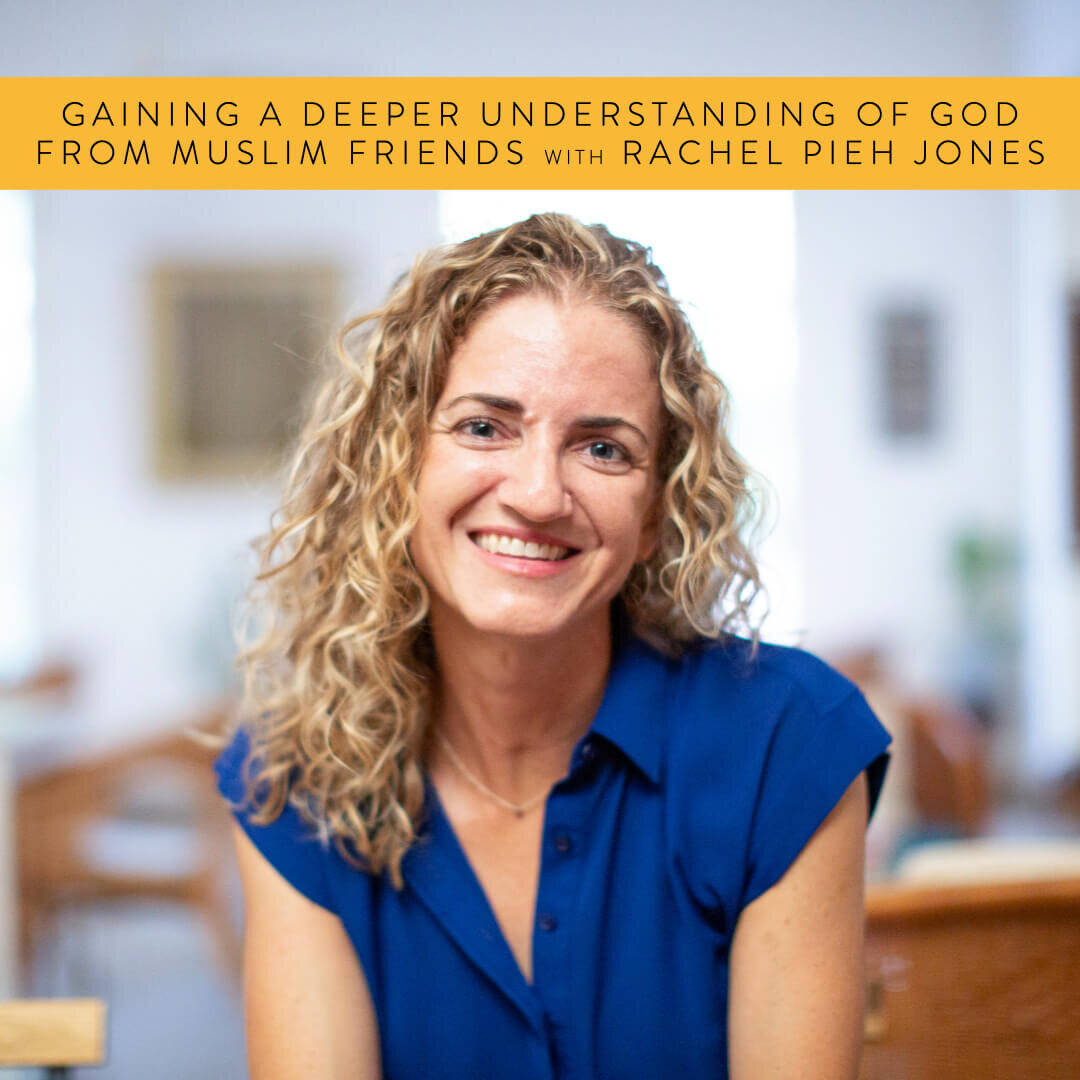
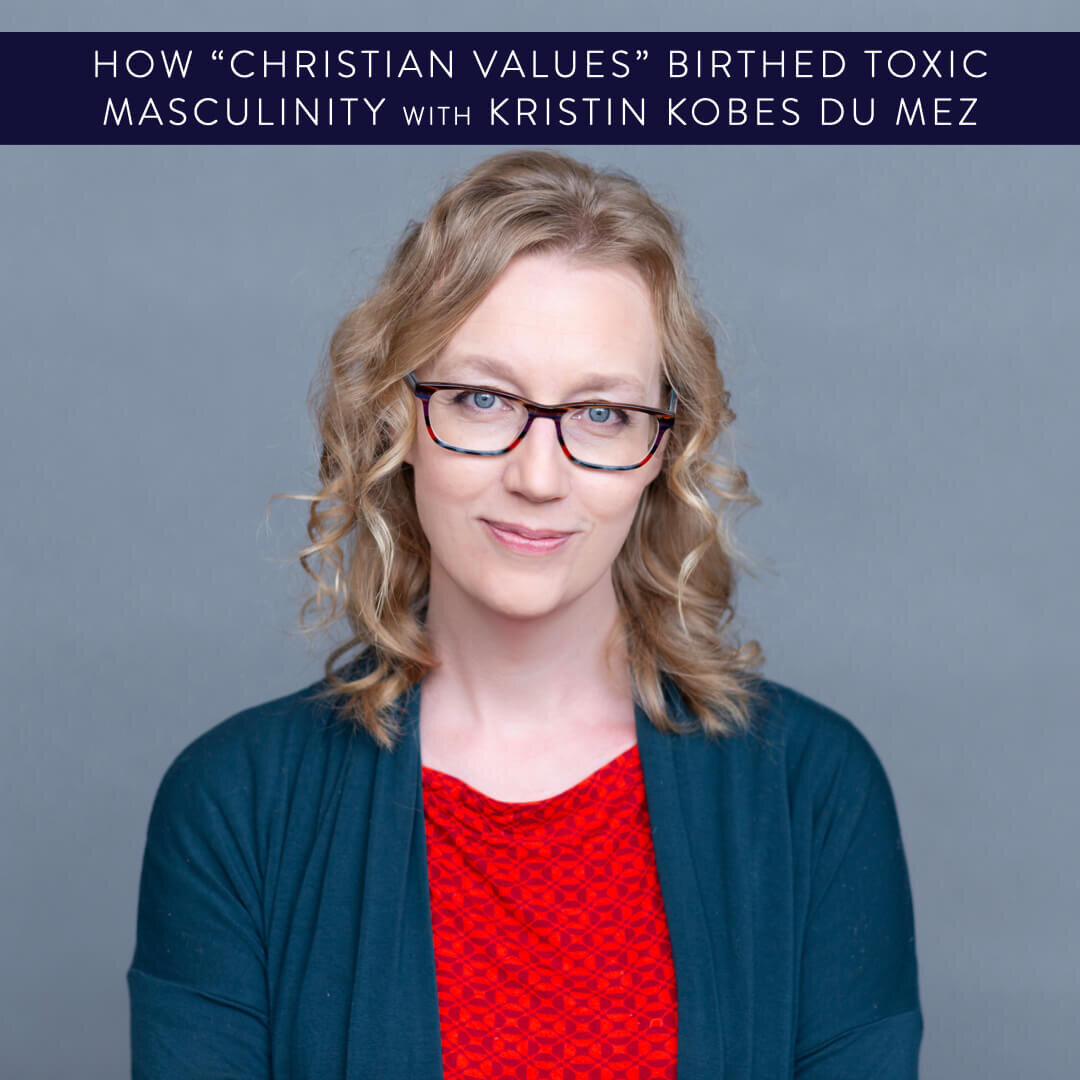
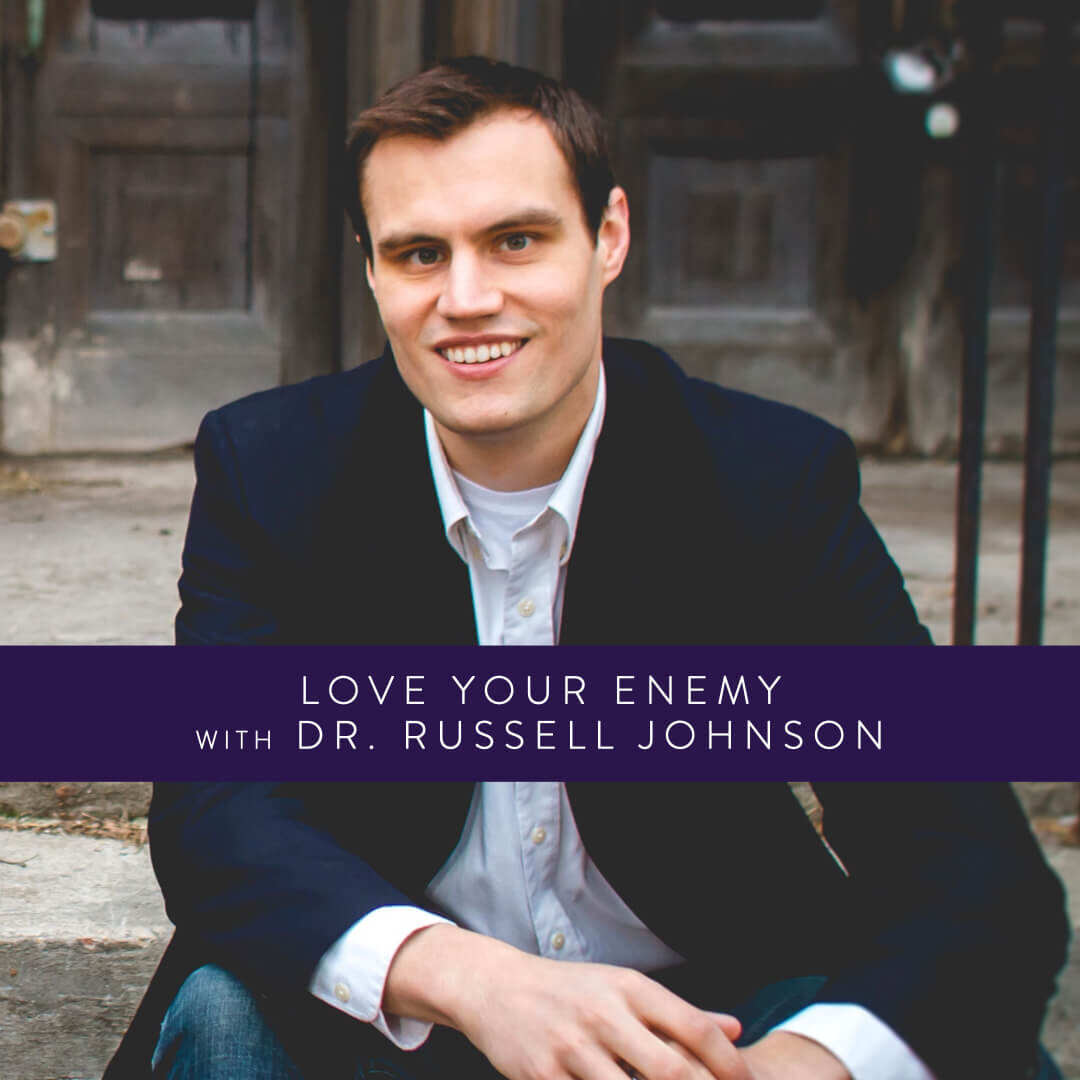
MAGA Christians are cruel because the MAGA cult is cruel; and MAGA Christians are cruel because cruel people tend to become MAGA members.